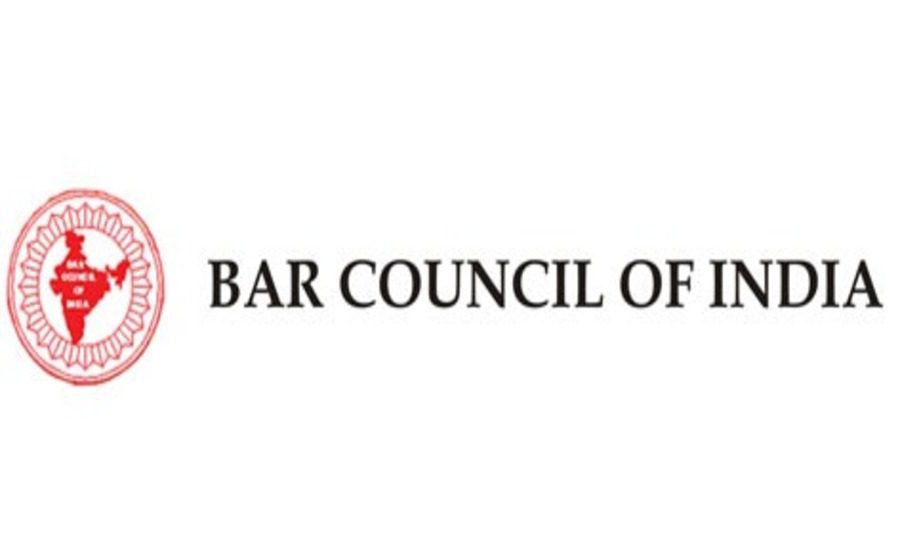New Delhi: The Bar Council of India (BCI) has taken decisive action by ordering the immediate removal of an advocate in Delhi who enrolled with a fake law degree. This move highlights the regulator’s intensifying crackdown on fraudulent enrolments in the legal profession.
The case also exposed suspected collusion within the Bar Council of Delhi (BCD), adding a layer of institutional urgency.
Background of fake law degree case Delhi
The advocate in question, J Vasanthan, submitted an LL.B. degree and mark-sheets from Bundelkhand University (Jhansi) which the university confirmed to be fake. The BCD referred the matter to the BCI.
In his response to a show-cause notice, Vasanthan admitted that his enrollment was aided by intermediaries (“touts”) and insiders at the BCD in exchange for payment.
The BCI described this as an “exceptional case” revealing suspected systematic collusion between touts, insiders and the Bar Council’s staff.
Importance of the Solving the fake law degree case Delhi
This action carries significant importance:
- It re-asserts the BCI’s authority to maintain the integrity of the legal profession by removing unqualified individuals.
- It signals to aspiring advocates and institutions that forged credentials and facilitation of fraud will incur immediate and public consequences.
- It helps preserve public trust in the legal system; the presence of fake advocates undermines both professional standards and access to justice.
- It pushes for greater transparency and verification in enrolment processes across State Bar Councils.
Key Challenges Exposed
Several key challenges have been laid bare by this case:
Document fraud & forged degrees: The basic loophole of fake academic credentials remains pervasive.
Collusion & insider networks: The involvement of long-term staff and intermediaries suggests systemic vulnerability.
Weak verification processes: The fact that a fake enrolment got through indicates that checks at the BCD and during university verification are insufficient.
Risk to legal system credibility: When unqualified individuals practise law, client outcomes and the reputation of the profession suffer.
Key Implications
The implications of this incident are multi-fold:
For the legal profession: A possible escalation of verification drives and disciplinary actions against advocates across the country.
For State Bar Councils: A stronger call to tighten processes, digitise records and monitor internal staff collusion.
For law-graduates: Increased scrutiny and higher standards of proof will become mandatory.
For clients: Assurance that the advocate representing them is legitimately qualified, thereby upholding justice and accountability.
Way Forward
To address this and similar challenges, the following steps are key:
1. Comprehensive verification drive: Each State Bar Council must audit its advocate rolls, verify academic credentials, and flag irregularities.
2. Internal staff audits and whistle-blower frameworks: Bar Councils must monitor staff conduct, limit potential for collusion, and operate anonymous reporting of internal breaches.
3. Digitisation of enrolment and credential records: Secure digital systems for degree verification, mark-sheet authentication and enrolment logs will increase transparency.
4. Stakeholder collaboration: Universities, Bar Councils and the BCI must coordinate to share information, blacklist forged credentials and update enforcement mechanisms.
5. Public awareness and client vigilance: Clients must have accessible means to verify the credentials of their legal representation and demand transparency.
6. Stricter penalties and fast-track disciplinary process: Disciplinary committees should conclude cases of fake credentials swiftly and impose durable sanctions to serve as deterrent.





























